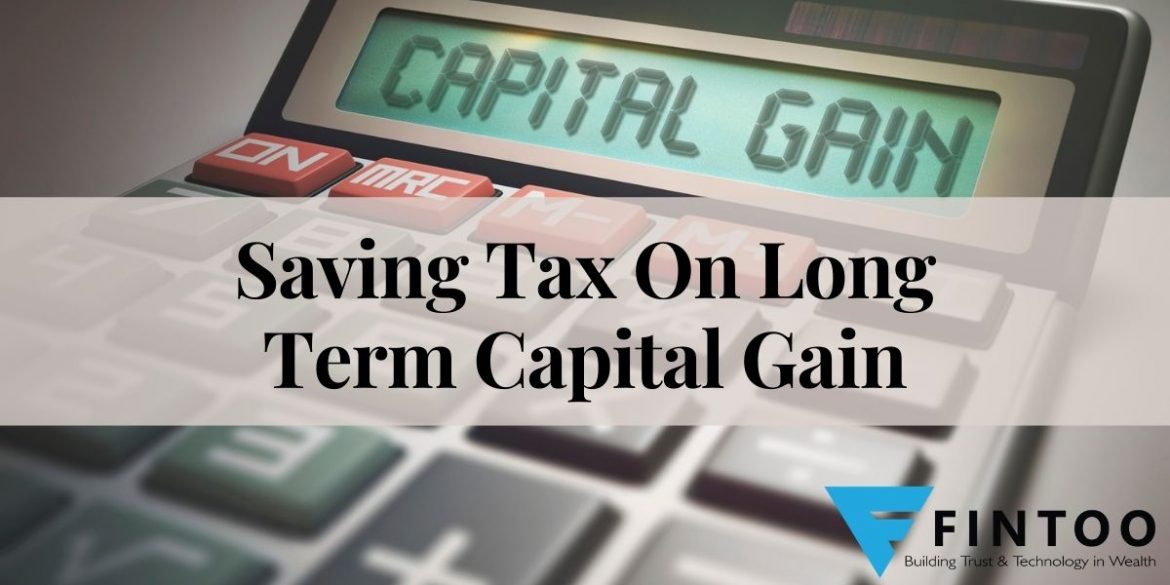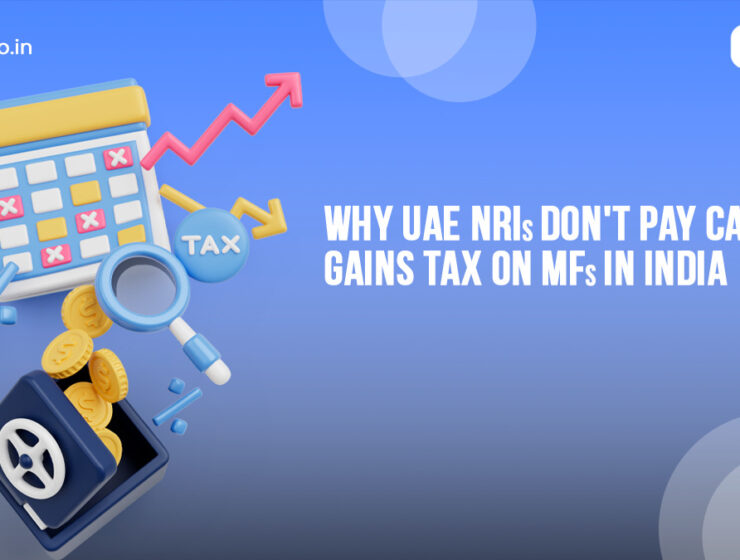

I’m sure that, more than half of the nation, wishes that, they didn’t have to pay tax. Life would be a lot easier if we didn’t have to pay. Sadly that’s not possible in India. This is because most of our Government earnings are dependent on the public through tax. It is our duty as citizens of India to pay tax, where our money goes, is a whole different thing altogether. If we try to avoid taxes, we may end up paying more of it, if we get caught.
Some may feel that they work so hard to earn their salary, and a huge chunk goes towards taxes. Did you know that almost 3 months of your salary goes into paying tax, in a year? Surprised? well, you should be. If the Government has imposed a tax on the public, it has also come up with tax rules where you can save your tax. In fact, planning your taxes well can allow you to save most of your money, which can be used to fund other goals. Some people are still not aware of the basic tax exemptions available to them. Whereas some people just make use of only the basic tax exemptions and the deductions related to their salary income.
Salary is not the only income a person has. A person can receive income from the assets held by them. One can have many assets like cars, houses, properties, investments, etc. Some of these assets depreciate and some appreciate. For example, a house, it’s value will only appreciate and on the other hand, a car’s value will depreciate. So the income received on these assets is called capital income.
If the income from such asset is more than the cost at which it was bought, it is known as capital gain, but if the cost of the asset was more than the price at which it was sold, it brings in a capital loss. Now, we also have long term capital gain and short term capital gain.
Any capital asset, that attracts a gain or loss, if sold in less than 36 months, will be considered as short term capital gain or loss. If the asset is held for more than 36 months and then sold, the gain or loss will be treated as long term capital gain or loss.
However, in the case of property, the holding period is 24 months. This means, if a property is sold within 24 months, the gain or loss will be treated as short term capital gain or loss and vice-versa.
Only in the case of shares and securities, the time period is less than 12 months, it attracts short term capital gain and loss, and if it is more than 12 months, then long term capital gain or loss.
So, the different tax rules are made according to, how long the asset has been in ownership of the individual.
Must read: Tax Planning For Salaried Youngsters
More tax can be saved on long term capital gains. The tax deducted is less from a long term capital gain than from a short term capital gain. Let us take an example of the sale of a debt mutual fund that attracts a gain. If the sale is done within 3 years, it is obviously a short capital gain, so here the taxpayer will have to pay tax according to their tax slab. So, if any taxpayer falls in the 20% tax slab, they will have to pay 20% tax on the short tern capital gain. But if it was held for more than 36 months, they will have to pay 20% with indexation benefit.
Let us now look at the computation of how a long term capital gain is taxed.
1. Sale/consideration of the asset – (XXXXX)
2. Less: Indexed Cost of Acquisition (COA) (XXXXX)
3. Less: Indexed Cost of improvement (COI) (XXXXX)
4. Gross total LTCG (XXXXX)
5. Less: Exemption under various sections (XXXXX)
(54, 54B, 54D, etc.)
6. Net LTCG (XXXXX)
(Calculations: Indexed Cost of Asset = COA / CII of the year of acquisition X CII which the assets is transferred.) (CII = Cost Inflation Index.)
There are many ways to save tax incurred on the long term capitals gains by you. Given below are the sections where you can save your tax on the capital gains:
| SECTIONS | CAPITAL ASSET | TAX EXEMPTION ON THE CAPITAL GAIN |
| 54 | HOUSE PROPERTY |
|
| 54EC | Any capital asset |
|
| 54 F | Any capital asset excluding house property. |
|
| 54 B | Agricultural land |
|
| 10(38) | Sale of shares and equity mutual funds covered under Securities Transaction Task (STT) . | Exempt till a gain of 1,00,000. For any gain above 1 lac, 10% of gain needs to be paid as tax. |
Please note the following points:
- Under section 54, the lower of the 2 will be exempt:
- Amount of capital gain
- Amount of investment in the new house.
- That under section 54 F, If only part of the consideration is invested, then exemption shall be considered proportionately,
i.e. Amount Exempt = Capital gain X (amount invested/ net sale consideration)
A financial planning platform where you can plan all your goals, cash flows, expenses management, etc., which provides you advisory on the go. Unbiased and with uttermost data security, create your Financial Planning without any cost on: http://bit.ly/Robo-Fintoo
To Invest and keep regular track of your portfolio download: Fintoo App Android http://bit.ly/2TPeIgX / Fintoo App iOS http://apple.co/2Nt75LP‘
Disclaimer: The views shared in blogs are based on personal opinion and does not endorse the company’s views. Investment is a subject matter of solicitation and one should consult a Financial Adviser before making any investment using the app. Making an investment using the app is the sole decision of the investor and the company or any of its communication cannot be held responsible for it.
Related Posts
Stay up-to-date with the latest information.


